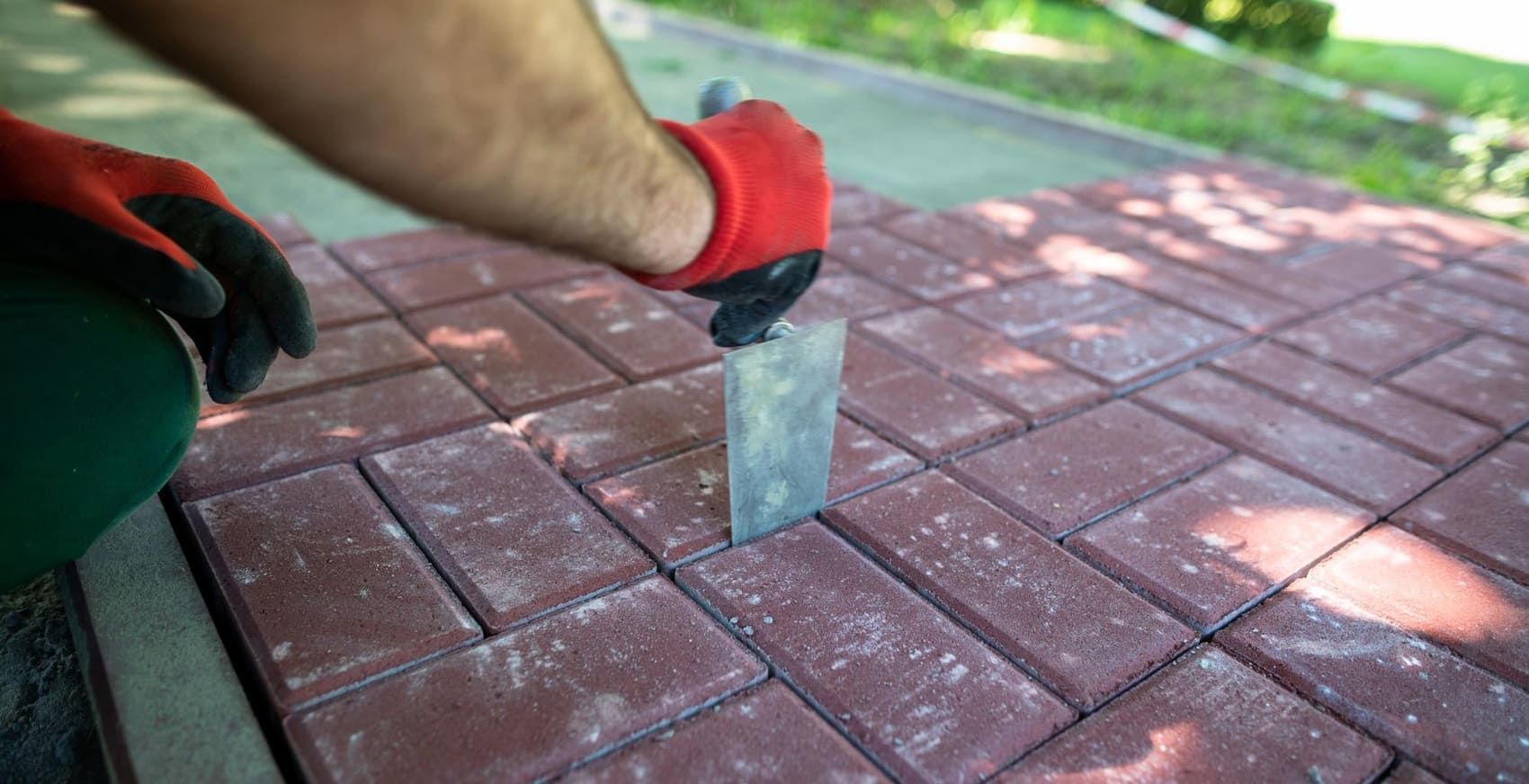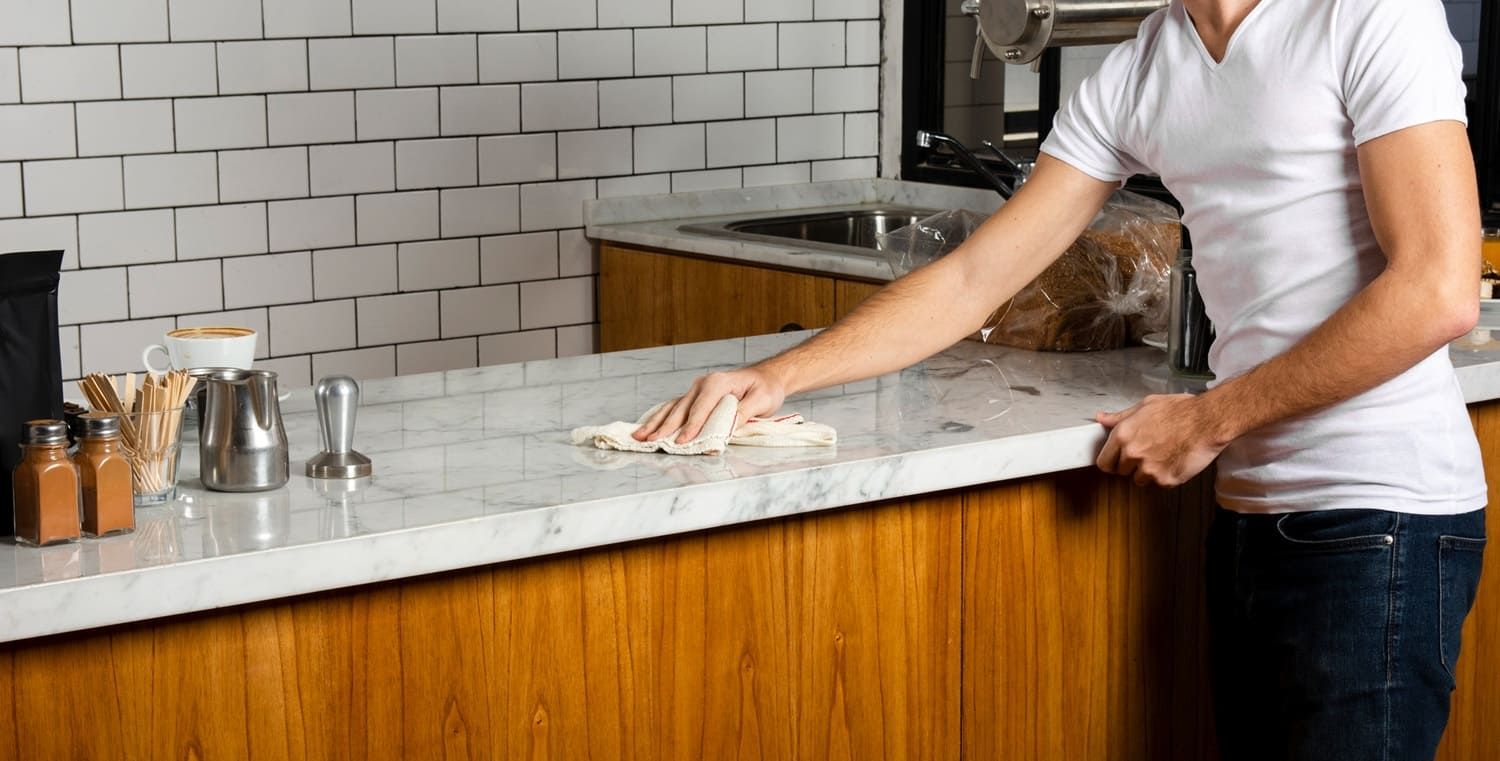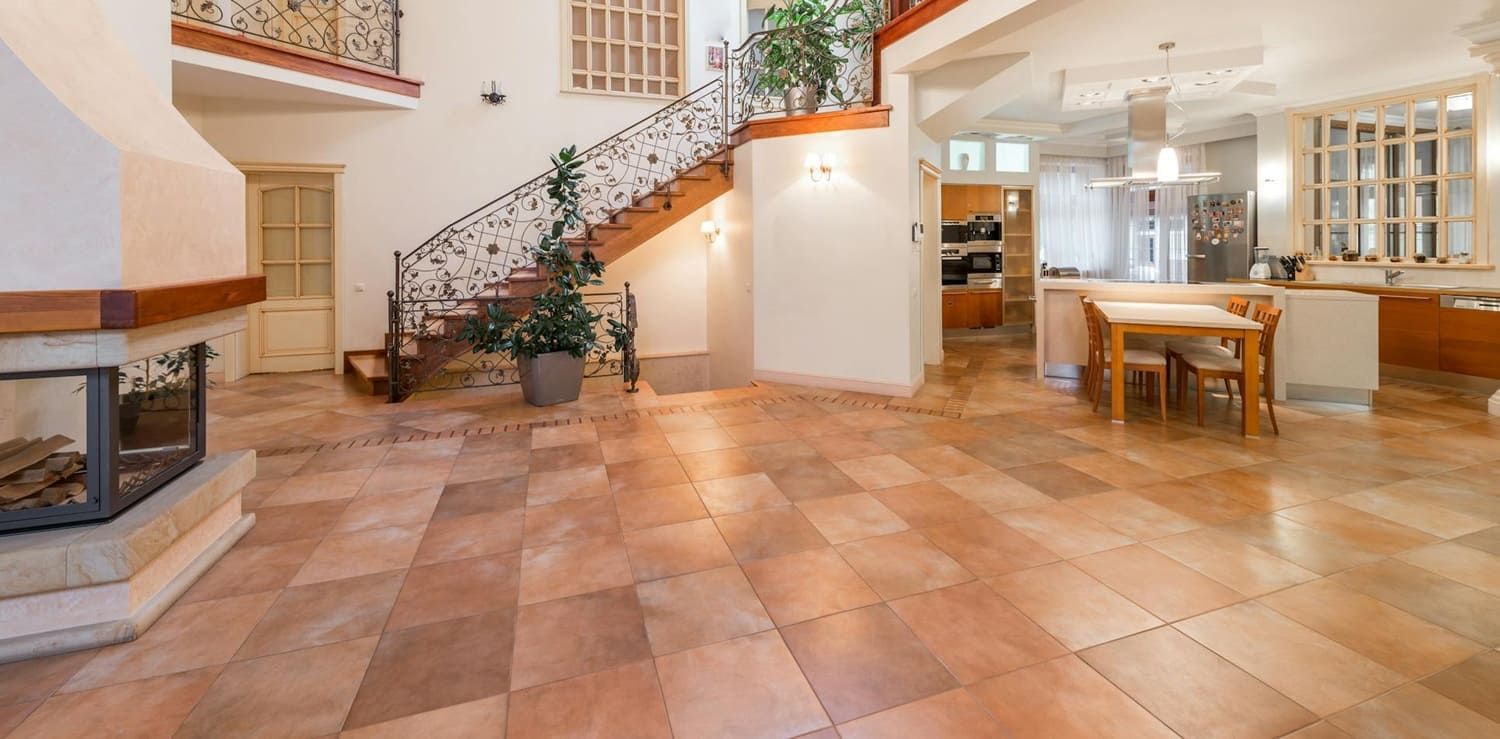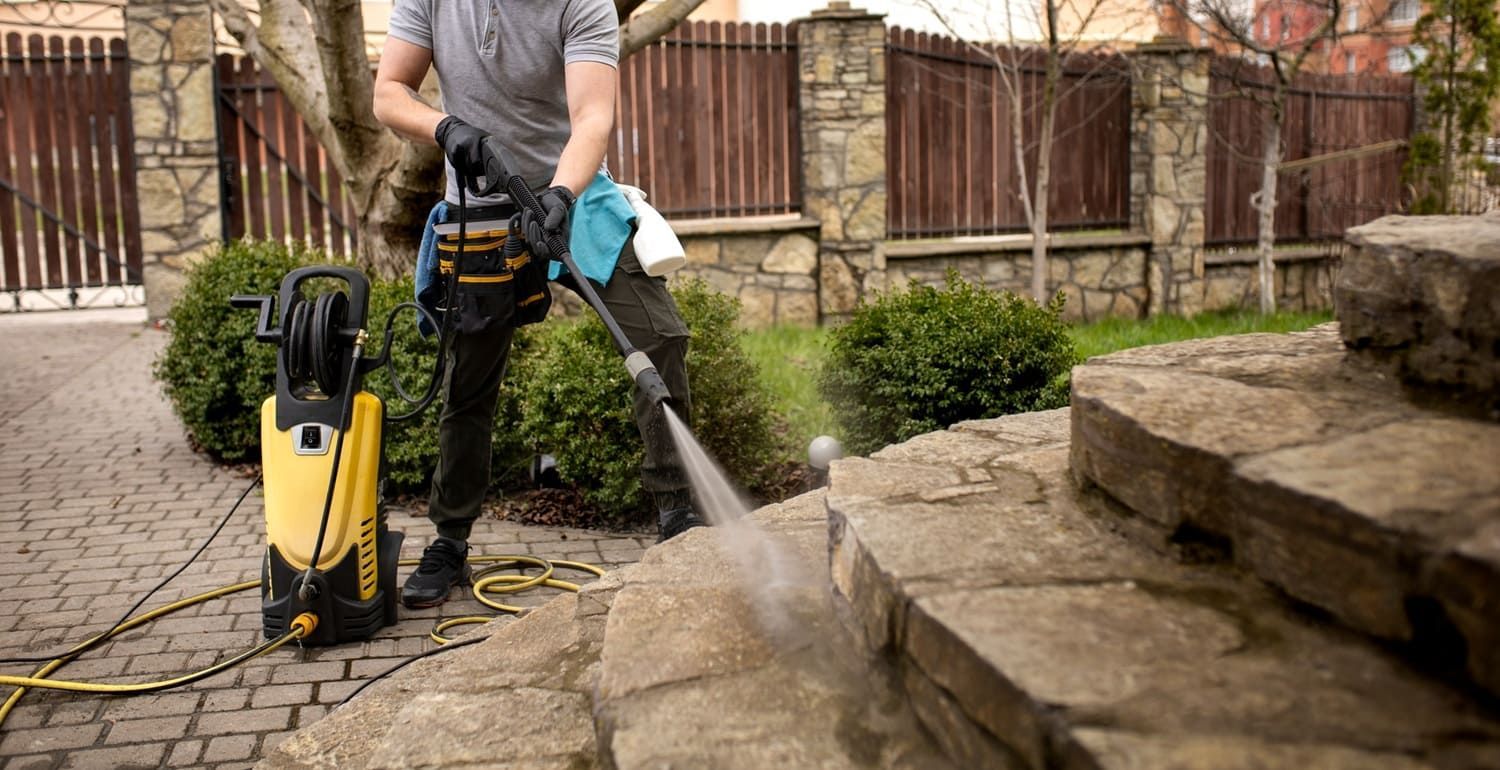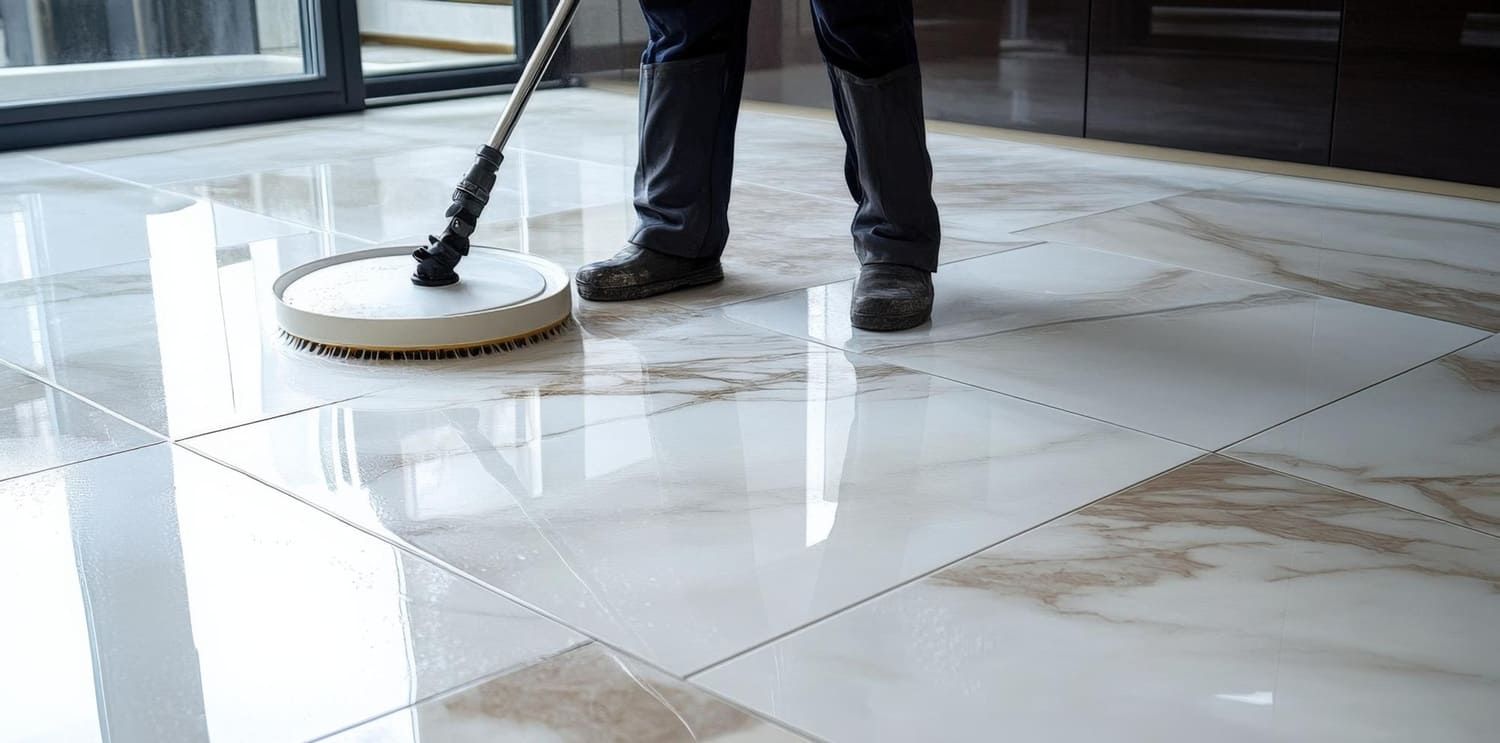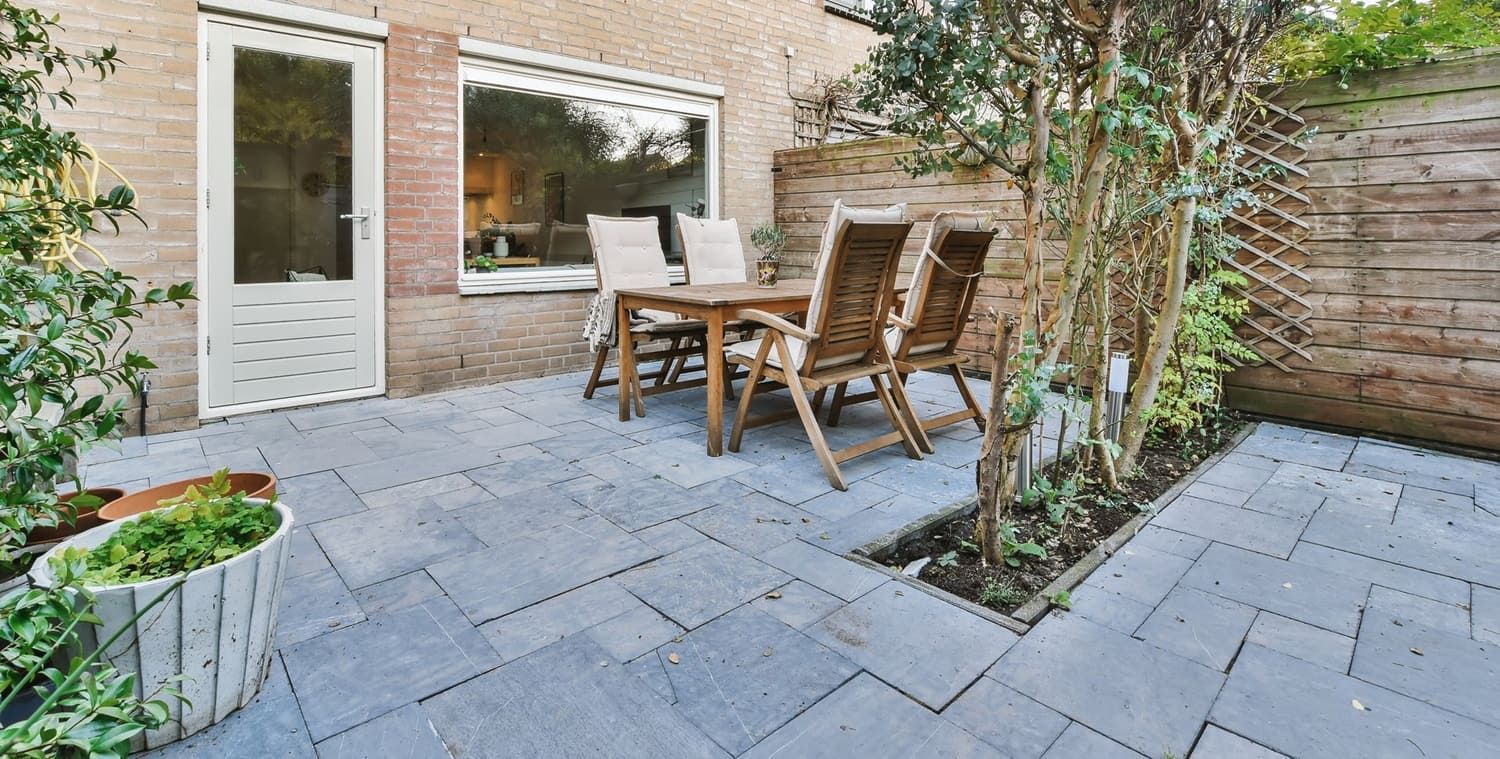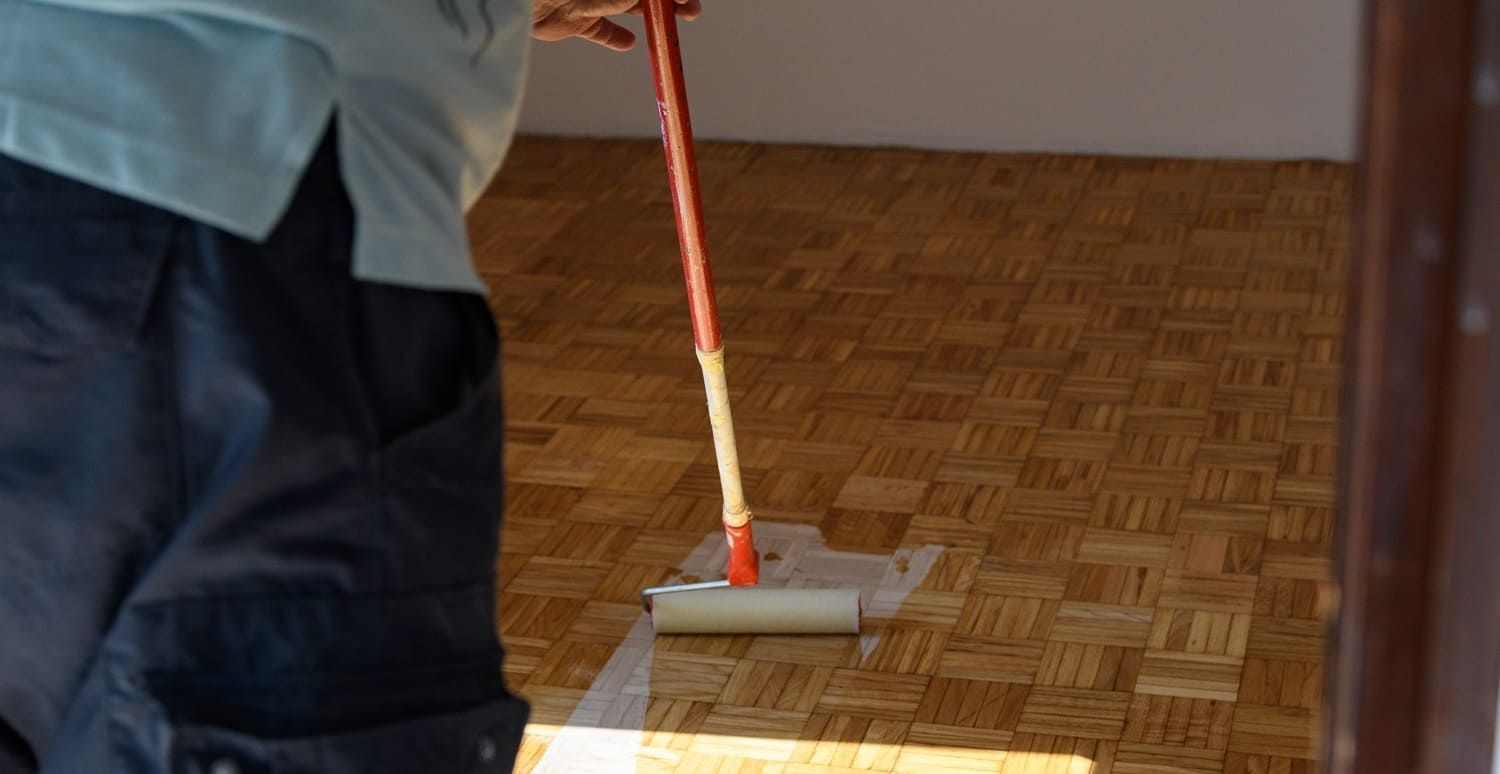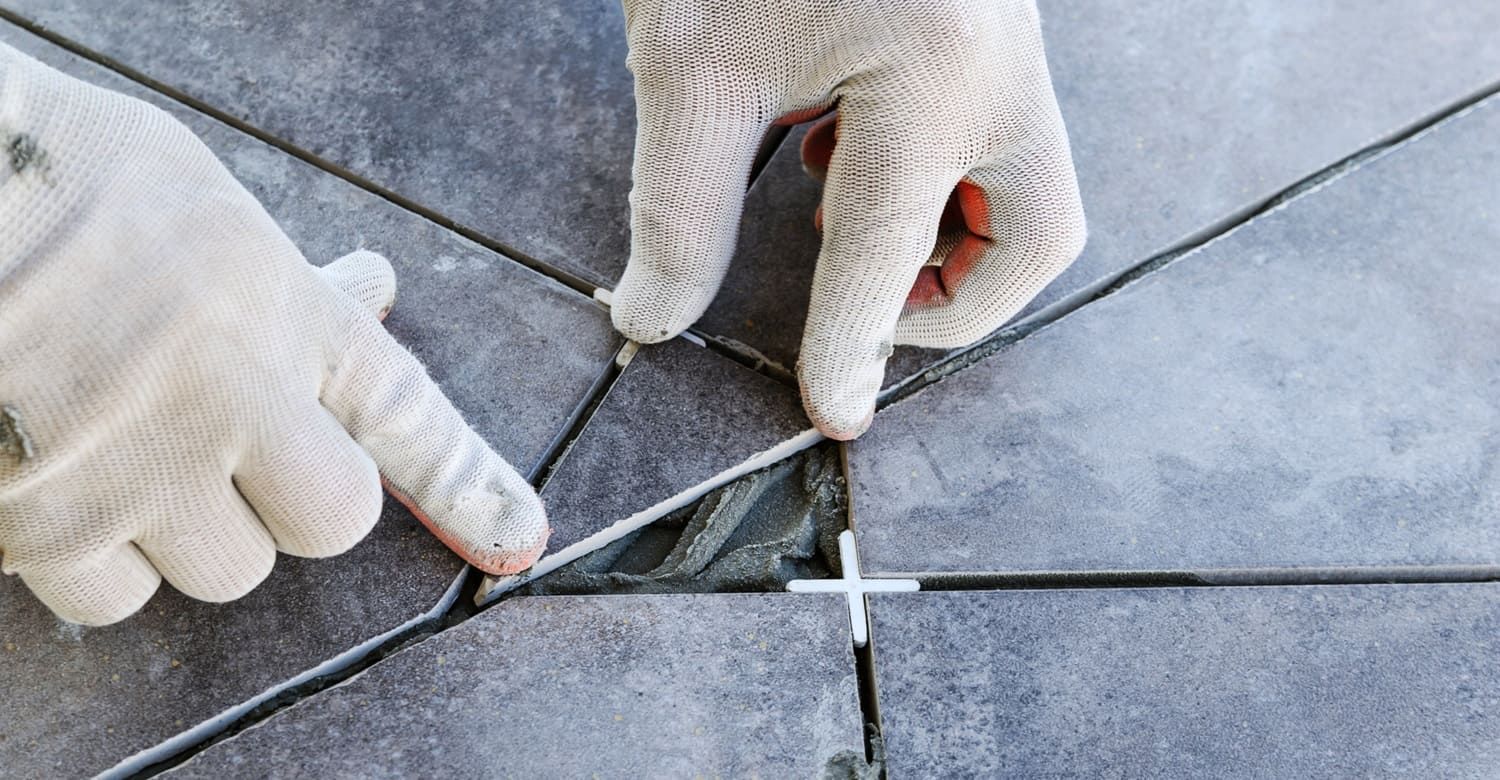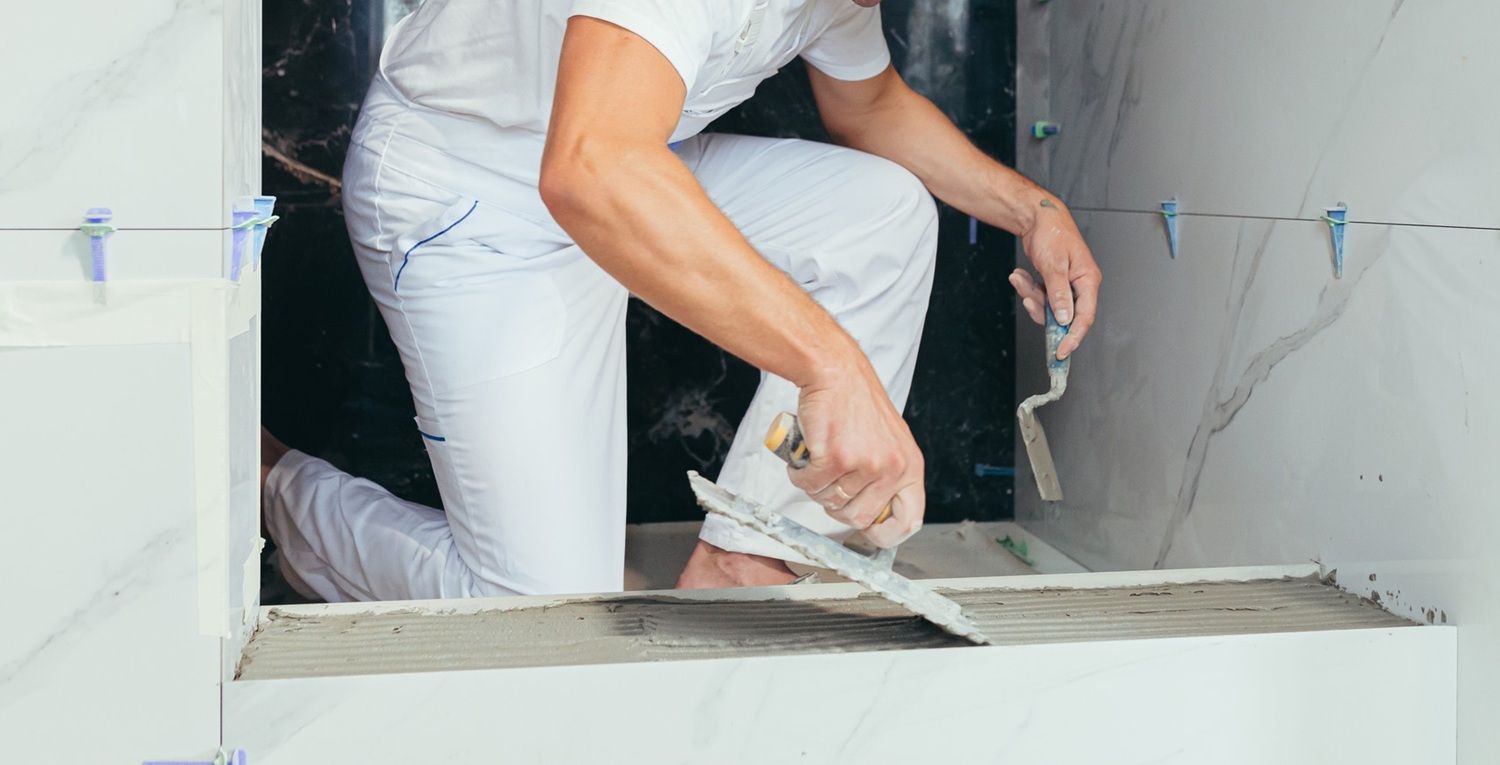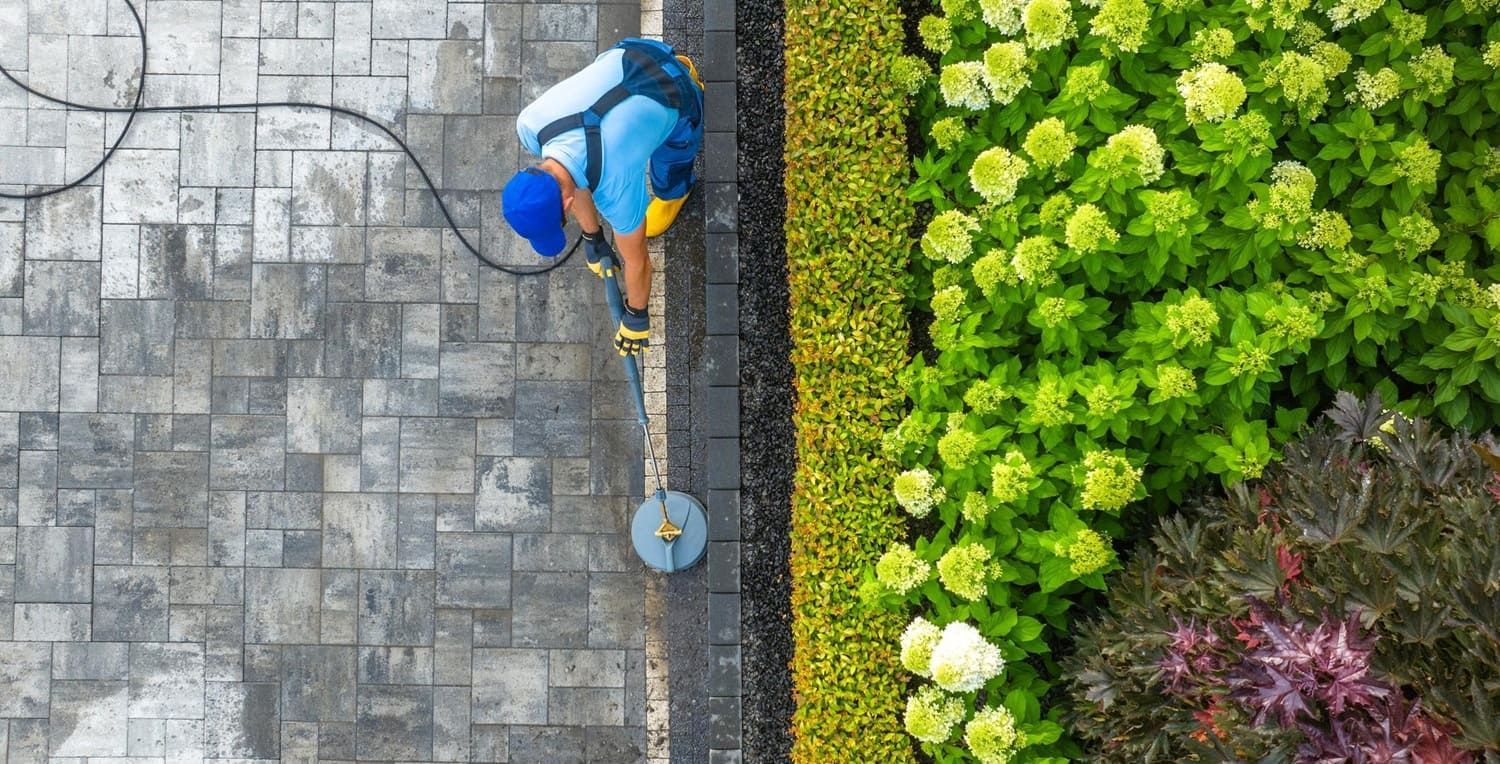ARIZONA'S BEST STONE, TILE, AND GROUT CLEANING SERVICES
Signs Your Granite Countertops Need Re-Sealing
Before diving into the signs of needing a re-seal, it's essential to understand why sealing granite countertops is crucial. Granite is a porous material, meaning it can absorb liquids and stains if not properly sealed. This characteristic can lead to discoloration and permanent staining if not addressed. A good seal acts as a protective barrier, preventing spills, oils, and other substances from penetrating the surface. The sealant fills the tiny pores in the granite, creating a smooth, impervious layer that enhances the stone's resistance to external elements. This not only preserves the appearance of your countertops but also extends their lifespan. Without a proper seal, granite can also become more susceptible to microbial growth, which can compromise hygiene in food preparation areas. Additionally, maintaining a seal on your countertops can reduce the frequency of deep cleaning, making routine maintenance less labor-intensive.
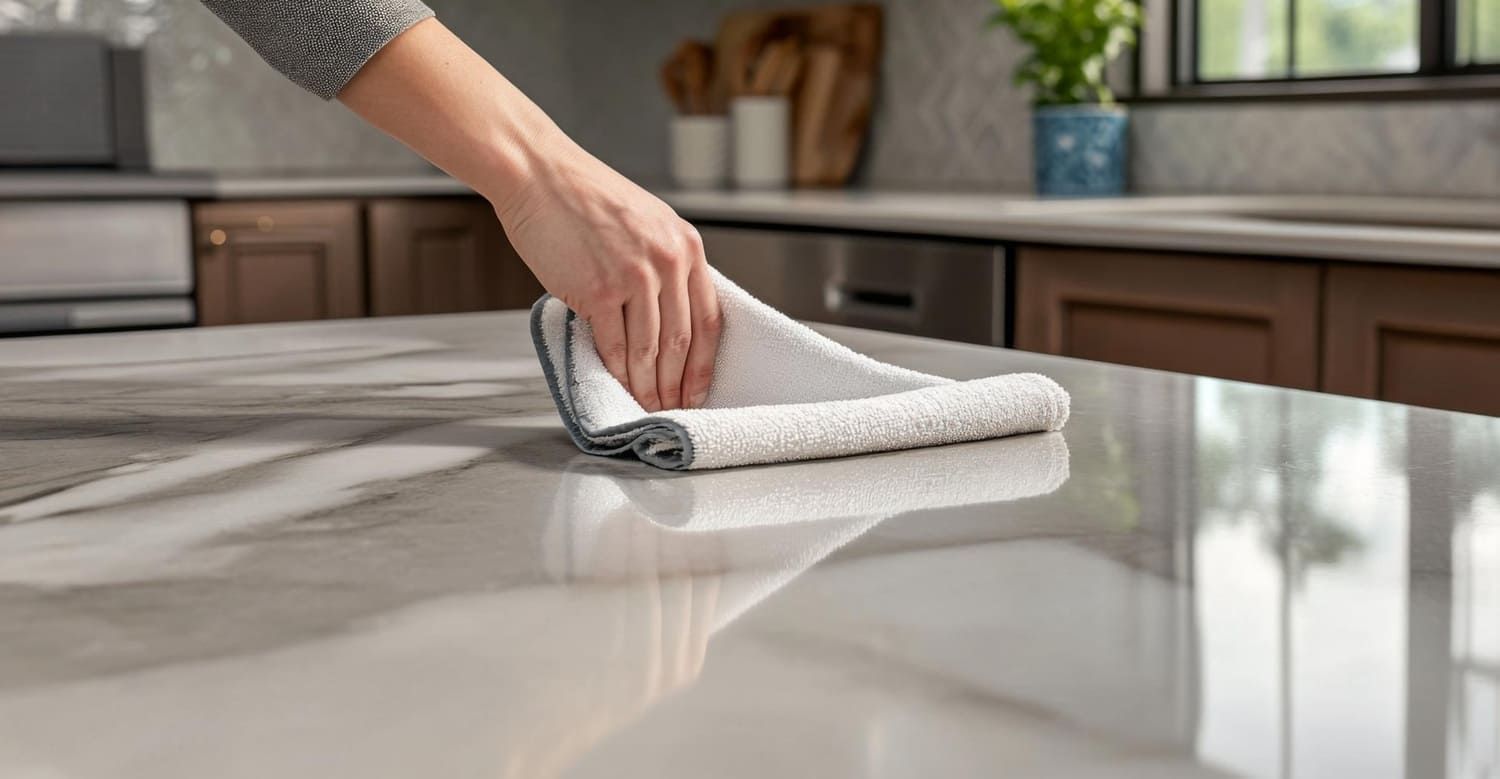
Signs That Your Granite Countertops Need Re-Sealing
1. Water Test Fails
One of the simplest ways to check if your granite countertops need re-sealing is the water test. Sprinkle a few drops of water on the surface of your countertop and observe what happens. If the water beads up and remains on the surface, your seal is still intact. This beading effect indicates that the seal is effectively repelling moisture, maintaining the granite's integrity. However, if the water spreads out or is absorbed into the granite within a few minutes, it's a clear indication that the seal has worn off and your countertops need re-sealing. This absorption can lead to water stains and mineral deposits, which are difficult to remove and can detract from the countertop's appearance. Performing this test regularly can help you stay ahead of potential issues, ensuring your countertops remain in excellent condition.
2. Stains and Dark Spots
Granite countertops are known for their resistance to stains, but if you begin to notice persistent stains or dark spots that don't disappear after cleaning, this could be a sign of a compromised seal. These blemishes can become more apparent over time, especially in high-use areas like kitchens where spills are common. Liquids like wine, juice, or oil can seep into the granite if the seal is weak, leading to unsightly stains that are difficult to remove. These stains not only affect the appearance of your countertops but can also reduce their value. If left untreated, the stains can become permanent, requiring professional intervention. By addressing a weak seal promptly, you can prevent these issues and maintain the pristine look of your granite countertops.
3. Etching and Dullness
Over time, you may notice that your granite countertops lose their shine or develop etch marks. This dullness can make even the most luxurious countertops appear worn and neglected. Etching occurs when acidic substances, such as lemon juice or vinegar, come into contact with unprotected granite. These substances can cause a chemical reaction that dulls the surface. If your countertops have lost their luster or have visible etches, it might be time for a re-seal. The loss of shine can also indicate that the protective layer has been compromised, leaving the granite vulnerable to further damage. Regular sealing can help restore the original sheen of the granite, enhancing the overall aesthetic of your kitchen or bathroom.
4. Frequent Repairs
If you find yourself frequently repairing chips, cracks, or other damage on your granite countertops, this could indicate that the protective seal is no longer effective. While granite is durable, it's not immune to damage, especially when the seal has worn off. The absence of a protective barrier can make the stone more susceptible to physical damage from everyday use. Regular sealing helps maintain the integrity of your countertops, reducing the need for constant repairs. Investing time in preventative maintenance can save you money in the long run by avoiding costly repairs or replacements. Moreover, a well-maintained seal enhances the overall durability of the granite, ensuring it remains a lasting fixture in your home.
How to Re-Seal Your Granite Countertops
Re-sealing your granite countertops is a straightforward process that you can do yourself with the right tools and materials. This DIY approach can save you money and provide a sense of accomplishment in maintaining your home. Here's a step-by-step guide to help you through the process:
Step 1: Gather Your Materials
To re-seal your granite countertops, you will need the following materials:
- Granite cleaner
- Soft cloths or microfiber towels
- Masking tape
- Granite sealer (ensure it's suitable for your specific type of granite)
- Protective gloves
Having the right materials on hand ensures that the process goes smoothly and efficiently. Choosing a high-quality granite sealer is crucial, as it determines the longevity and effectiveness of the seal.
Step 2: Clean the Surface
Start by thoroughly cleaning your countertops to remove any dirt, grease, or grime. A clean surface ensures that the sealer adheres properly, providing maximum protection. Use a granite cleaner and a soft cloth to wipe down the surface. Make sure the countertops are dry and free from any residues before proceeding to the next step. Any remaining debris can interfere with the sealing process, leading to uneven coverage and compromised protection.
Step 3: Apply the Sealer
Put on your protective gloves and apply the granite sealer according to the manufacturer's instructions. Using gloves not only protects your skin but also prevents oils from your hands from affecting the seal. Use a clean, dry cloth to apply the sealer evenly across the surface. Be sure to cover all areas, including edges and corners. Even coverage is crucial to ensure that the entire surface is protected from potential damage.
Step 4: Let It Sit
Allow the sealer to sit on the surface for the recommended amount of time, usually about 15 to 30 minutes. This waiting period allows the sealer to penetrate the pores of the granite and create a protective barrier. The longer penetration time ensures that the seal is deep and long-lasting, maximizing the protection offered by the sealer.
Step 5: Wipe Off Excess Sealer
After the sealer has had time to penetrate the granite, use a clean cloth to wipe off any excess sealer. Make sure there are no streaks or residue left on the surface. Excess sealer can lead to a cloudy appearance and may affect the countertop's finish. Ensuring a clean finish helps maintain the natural beauty of the granite.
Step 6: Buff the Surface
Finally, use a microfiber towel to buff the surface of the countertop, restoring its natural shine and ensuring an even finish. Buffing helps to remove any remaining residue and enhances the countertop's appearance. A well-buffed countertop not only looks better but also feels smoother to the touch, adding to the overall satisfaction of your sealing project.
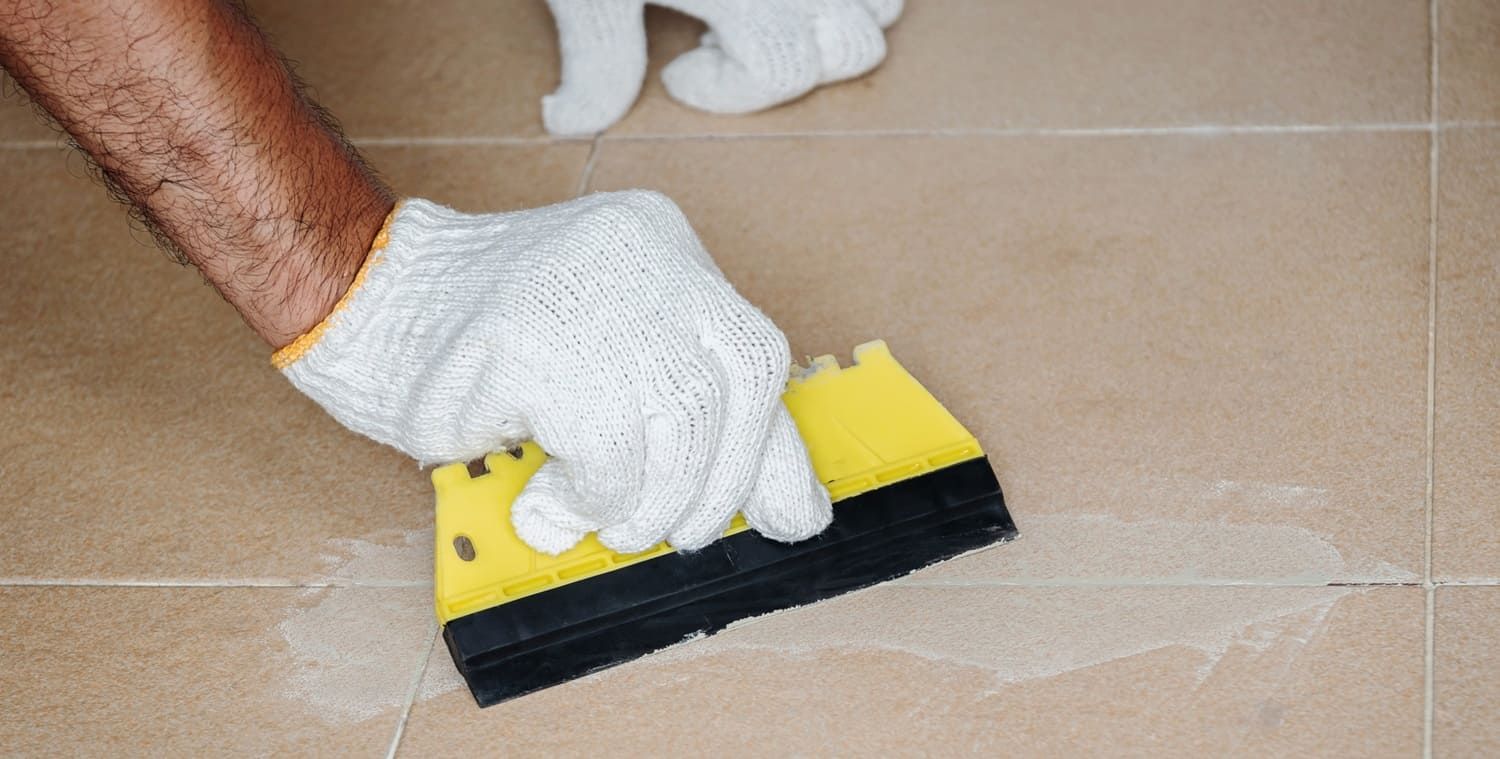
Maintaining Your Granite Countertops
To keep your granite countertops looking their best and prolong the need for re-sealing, follow these maintenance tips:
- Clean spills immediately to prevent staining. Quick action can prevent liquids from penetrating the seal and causing damage.
- Use coasters, trivets, and cutting boards to protect the surface. These simple tools can prevent scratches and heat damage, preserving the countertop's finish.
- Avoid using harsh chemicals or abrasive cleaners that can damage the seal. Gentle, granite-specific cleaners are best for maintaining the seal's integrity.
- Regularly inspect your countertops for signs of wear and perform the water test every few months to assess the condition of the seal. Proactive inspection can help you address potential issues before they escalate.
By paying attention to the signs that your granite countertops need re-sealing and following the proper maintenance routine, you can enjoy the beauty and durability of granite for years to come. At Desert Tile & Grout Restore, the best stone, tile, and floor refinishing & restoration experts serving Glendale, Scottsdale, Phoenix, and Maricopa County, we help homeowners protect and preserve their investment with expert care and high-quality services.
Consistent maintenance ensures that your granite countertops remain a stunning feature in your home, enhancing both visual appeal and property value. Taking the time to properly care for your countertops not only improves the look of your kitchen or bathroom but also helps prevent expensive repairs in the future.
Contact Desert Tile & Grout Restore today for your free estimate and expert advice on granite countertop care and sealing.
With the right maintenance, granite countertops continue to be a smart, elegant, and long-lasting choice for any homeowner.

